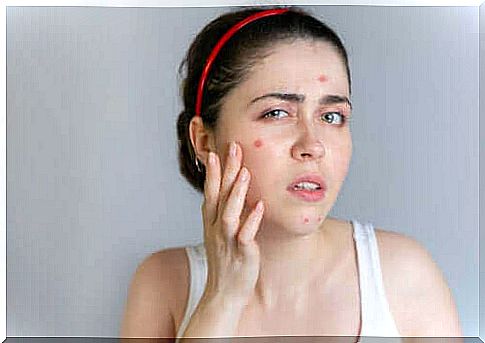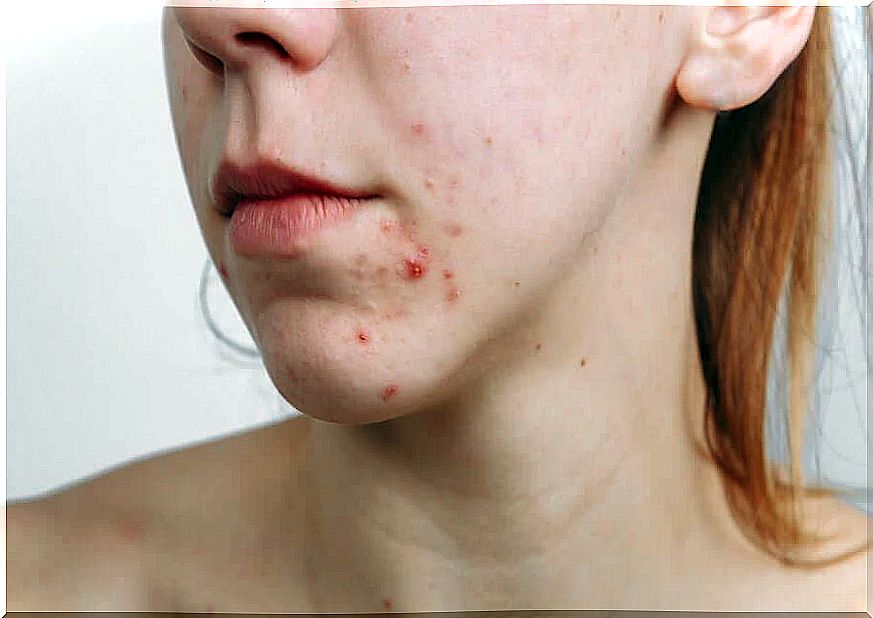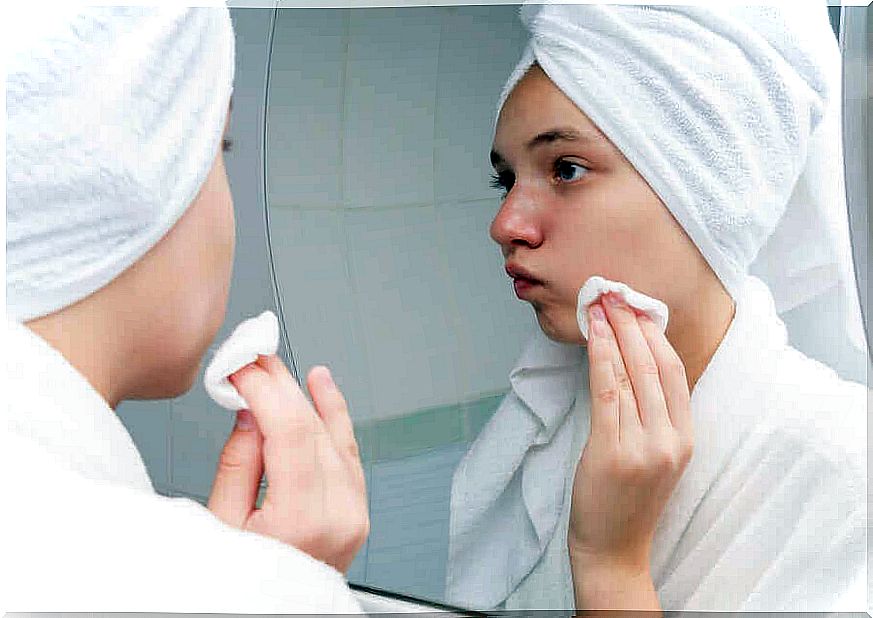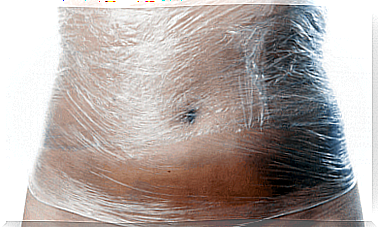The Most Effective Pharmacological Acne Remedies

There are different treatments for each cause of acne, both external, ie applied to the skin, and internal, i.e. taken orally. In order to find the right form of treatment, the dermatologist must first find out what kind of acne it is and what it causes for each patient. So the first step is to go to the doctor’s office.
Although the treatment depends entirely on the patient, in this article we want to specify some of the most common pharmacological treatments as well as tell you more about skin disease. However, keep in mind that your doctor should assess your particular situation, so it is best not to medicate yourself.
What is acne and why does it occur?
Because acne is such a common skin problem, you are certainly already aware of it. Maybe you’re suffering from it yourself, or someone close to you is suffering from it right now.
Acne is a skin problem that starts in the hair follicle. The hair follicle is the part of the skin where the hair grows. In an acne patient, fat and dead cells clog the hair follicles, resulting in the formation of blackheads, pimples and pimples. These are the main symptoms of this skin condition.
Acne can occur in different parts of the body, but the most common areas are the face, back, chest and shoulders.

As we have already mentioned, many different things can cause acne to appear. Because there are so many factors, we want to list the four most common ones:
- Excessive production of tallow.
- Certain bacterial infections, such as Propionibacterium acnes .
- Clogging of hair follicles with sebum and dead skin cells.
- High hormonal activity, especially androgen secretion.
As said, many other factors can cause or worsen acne. Numerous studies have shown that stress, as well as certain medications and diets, can make this condition worse.
When and how to treat acne with pharmacological treatments
Occasional pimples and blackheads are a part of most people’s lives, especially as they reach puberty. But if it seems like they’re not just random, it’s important to head to a dermatologist’s office. This will allow you to start treatment before the situation gets out of hand.
Also keep in mind that there are different treatments depending on the cause of the acne. Therefore, it is essential to get a professional diagnosis in order to get the right treatment for your specific needs. Your doctor may need to order various tests to determine the origin of the problem.
Next, we present the most common acne medications, both taken internally and externally.
The most effective pharmacological acne remedies
There are several different types of acne medications, and they all work differently. They can be classified as follows:
- Drugs that reduce the exfoliation of epithelial cell channels.
- Medicines that fight bacterial infections.
- Drugs that reduce sebum production.

Pharmacological acne medications aimed at reducing the accumulation of skin cells
The most typical acne treatments for this purpose are the following topical creams or gels:
- Tretinoin: This is a retinoid drug that helps clean the hair follicle. In addition, it has anti-inflammatory properties and prevents the formation of pimples.
- Salicylic acid: In general, this is not quite as effective a treatment as tretinoin. However, it also has anti-inflammatory effects.
- Adapalene or Tazarotene: These are newer drugs that are very similar to tretinoin.
Pharmacological acne medications that fight bacterial infections
Propionibacterium acnes is sensitive to many antibiotics. Some of the most common drugs against these bacterial infections are:
- Benzoyl peroxide, especially in combination with erythromycin. Used externally.
- Clindamycin. Used externally.
- And mention should also be made of oral, systemic antibiotics. These include doxycycline, minocycline and co-trimoxazole.
Finally
As you can see, there are numerous different acne treatments available on the market today. It is important that you talk to your dermatologist so that he or she can find out the best way to treat your particular skin.









